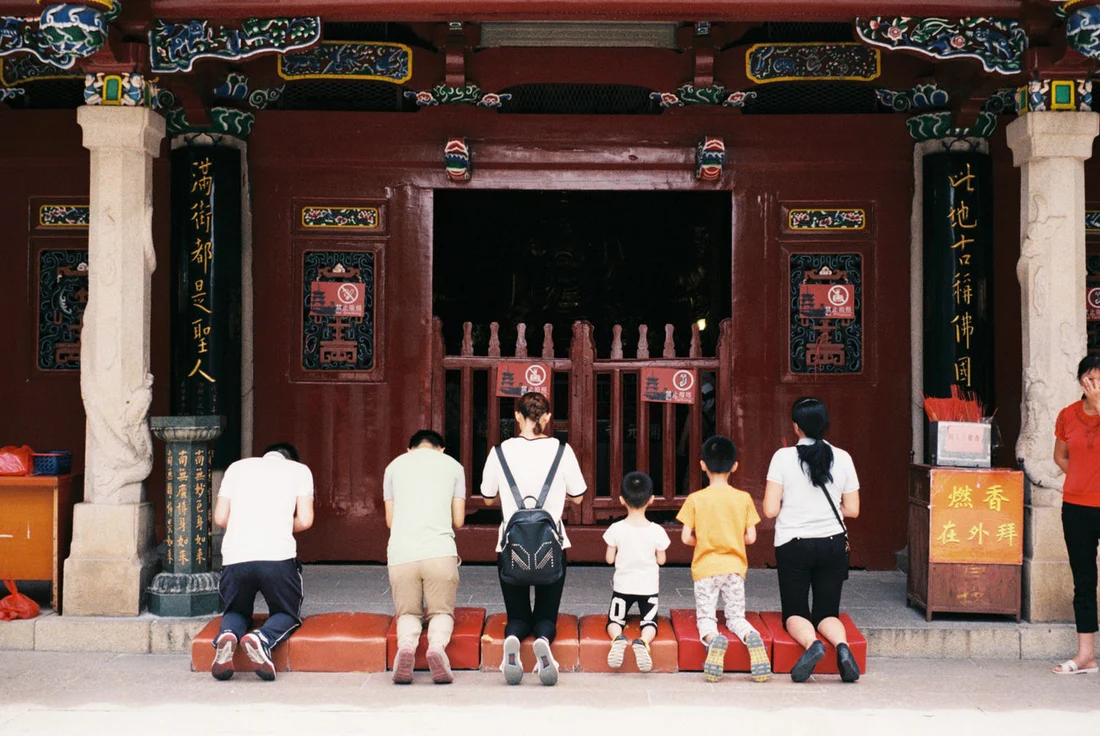Gratitude Around the World: Cultural Practices that Foster Thankfulness

Stella V.
Grateful Path Gratitude Coach
4 min read
April 12, 2024
Gratitude is a universal emotion that transcends borders and cultures, serving as a powerful tool for enhancing well-being. Different societies have developed unique practices and traditions that celebrate gratitude, fostering a sense of appreciation for life’s blessings. In this blog, we’ll explore various cultural expressions of gratitude around the globe, highlighting how these practices can inspire us to cultivate our own gratitude journey.
1. Thanksgiving in the United States
One of the most well-known gratitude celebrations, Thanksgiving is a time for families and friends to come together and reflect on what they are thankful for. Traditionally celebrated on the fourth Thursday in November, this holiday features a feast that often includes turkey, stuffing, and pumpkin pie. Families share what they’re grateful for, fostering a sense of community and connection. This practice of expressing gratitude in a communal setting reinforces the bonds between loved ones and reminds us of the importance of appreciation in our lives.
2. Día de los Muertos in Mexico
Día de los Muertos, or the Day of the Dead, is a vibrant Mexican tradition that honors deceased loved ones. Celebrated on November 1st and 2nd, families create altars adorned with photographs, favorite foods, and flowers to remember and celebrate the lives of those who have passed. This practice of gratitude extends beyond the living to include honoring the deceased, showcasing the deep appreciation for ancestral connections and the impact they have on our lives. It serves as a reminder to cherish our loved ones while they are still with us.
3. Chuseok in South Korea
Chuseok, a harvest festival in South Korea, is a time to give thanks to ancestors and celebrate the autumn harvest. Families gather to prepare traditional foods such as songpyeon (rice cakes) and partake in ancestral rites called charye. This celebration emphasizes gratitude for the bounty of the earth and the sacrifices of previous generations. By honoring their ancestors, participants reinforce the importance of family ties and appreciation for the past, fostering a sense of continuity and gratitude across generations.
4. Thanksgiving in Japan (Kinrō Kansha no Hi)
Kinrō Kansha no Hi, or Labor Thanksgiving Day, is celebrated in Japan on November 23rd. This holiday originated as a way to appreciate the hard work of farmers and laborers. Families take time to express gratitude for the food they receive and the efforts that go into producing it. The day encourages reflection on the importance of work, community, and the interconnectedness of life. This practice not only fosters gratitude for labor but also promotes a sense of humility and appreciation for the everyday efforts that sustain us.
5. Gratitude in Indigenous Cultures
Many Indigenous cultures around the world have deep-rooted practices centered on gratitude. For instance, Native American traditions often involve rituals that express thanks for the earth's resources and the interconnectedness of all living beings. These practices may include ceremonies, songs, and storytelling that highlight the importance of reciprocity with nature. By acknowledging the gifts of the earth, these cultures teach us to appreciate the resources we often take for granted and encourage a more sustainable approach to living.
6. Gratitude Practices in Modern Life
As we reflect on these cultural practices, we can draw inspiration to cultivate our own gratitude habits. Here are a few ways to incorporate elements from around the world into your life:
Create Your Own Gratitude Ritual: Whether it’s a weekly family dinner where everyone shares their blessings or a personal altar with mementos that remind you of what you’re grateful for, establish a ritual that resonates with you.
Celebrate with Friends: Organize a gathering inspired by a cultural celebration, encouraging everyone to share what they appreciate about each other.
Incorporate Nature: Spend time outdoors, expressing gratitude for the beauty and resources nature provides, similar to many Indigenous practices.
Key Takeaways
Gratitude is a powerful force that unites us across cultures and backgrounds. By exploring and embracing these diverse practices, we can deepen our understanding of gratitude and enhance our own lives. Let us learn from these traditions and create a culture of gratitude in our own communities, enriching our experiences and fostering meaningful connections.



